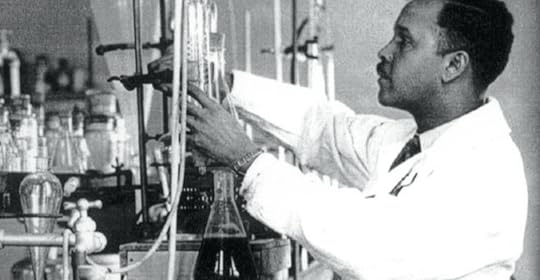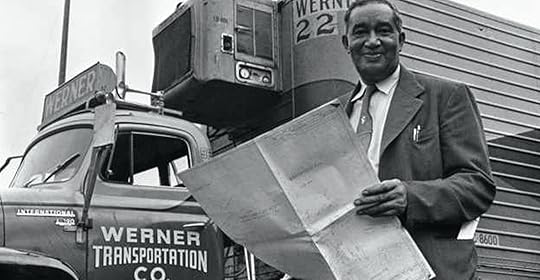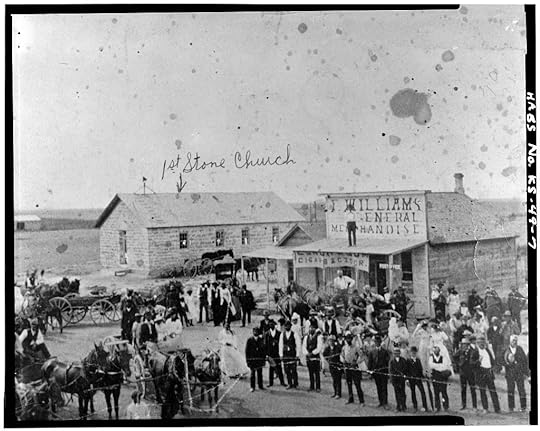PART 2 | Making Their Mark: Incredible Contributions to Agriculture Made by African-American Farmers
Our second post in a series highlighting a handful of the African-American farmers, horticulturists, and inventors who have made major agricultural contributions to have revolutionized the way our food system functions today. (See Part 1 here.)

Percy Lavon Julian
If you’ve taken any prescription pill in your lifetime, you’ve probably got Percy Lavon Julian to thank. Before Julian, most of life’s ailments were treated with homeopathy passed down through generations. People didn’t know why certain plants were healing, and more importantly, they didn’t know how to extract the medicinal properties from them. Born in Montgomery, Alabama in 1899, Percy Lavon Julian, the grandson of a former slave, overcame a lifetime of discrimination by becoming an internationally acclaimed inventor of synthetic medicines. Julian was a pioneer in the chemical synthesis of medicinal drugs from plants. His research helped uncovered new uses for the chemicals found in soybeans, which let to inventions outside the realm of medicine. For example, a protein he extracted from soybeans was used to produce a fire-retardant foam in fire extinguishers, which saved thousands of soldiers’ lives during World War II.

Frederick McKinley Jones
How did a man who wasn’t a farmer create the invention resulting in the biggest change to modern day agriculture? By figuring out how to better get the supply to the demand! From an early age, Frederick McKinley Jones took a strong interest in mechanics and electricity, and in 1940 he patented his technology for refrigeration systems. But not content to merely invent modern refrigeration, he harnessed his entrepreneurial streak became the co-owner of the company Thermo King, which installed his systems on transportation vehicles. Jones’ refrigerated trucks, boats, planes & boxcars allowed perishable foods to be shipped further distances allowing fresh seasonal produce to last longer and be marketable throughout the entire year.

The Farmers of Nicodemus
In 1877 a group of newly freed slaves from Kentucky took advantage of the Homestead Act of 1862 and moved west to Kansas with the goal of establishing the first all black settlement in the western plains. Struggling through harsh winters and punishing summers, the newly founded town of “Nicodemus” became a beacon for other freed slaves who wanted to put their hard-earned agricultural knowledge to work for themselves. The town quickly became a symbol of self-sufficiency and potential prosperity. It swelled to a population of 650 African Americans who owned and farmed over 3000 acres of profitable crops at a time when most freed slaves in America still had to become sharecroppers to survive. However after several years of drought and poor harvests, and losing a bid for a railroad stop, many of the settlers moved on. A few descendants of these farmers are still holding on to their legacy in Nicodemus, which will be forever remembered for at one time being “The Largest Colored Colony in America.”
Recognizing these agricultural stories in the black community isn’t just about honoring black history, it’s about recognizing the diverse roots and voices of today’s food movement, and realizing that the teachers we seek in this movement are right within our own communities.
The post PART 2 | Making Their Mark: Incredible Contributions to Agriculture Made by African-American Farmers appeared first on Beekman 1802 Mercantile.



